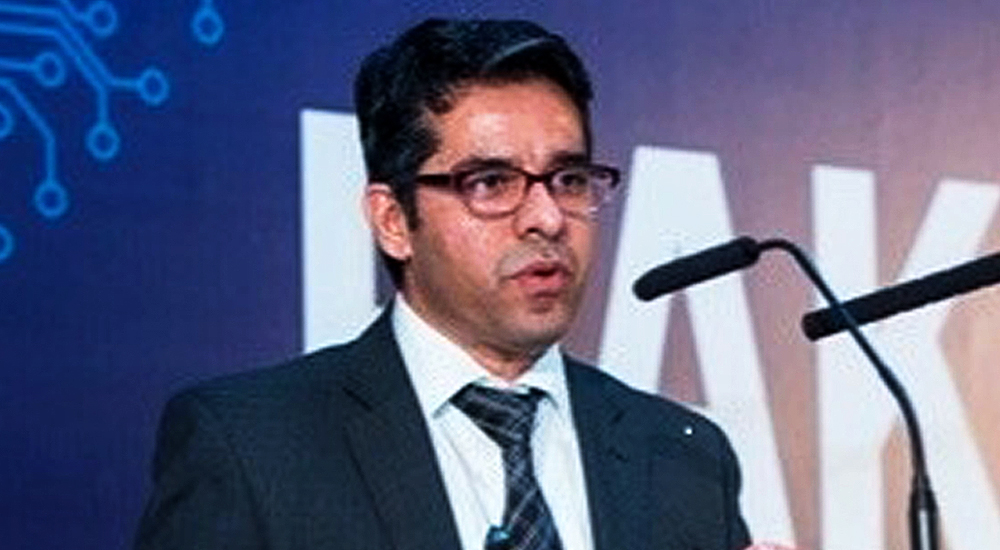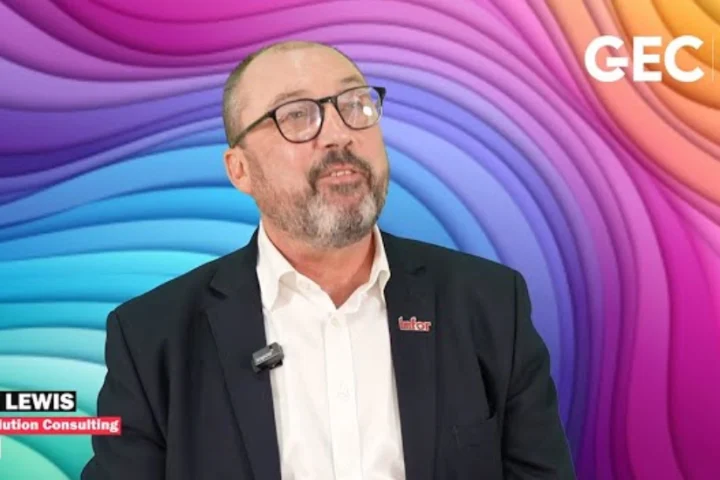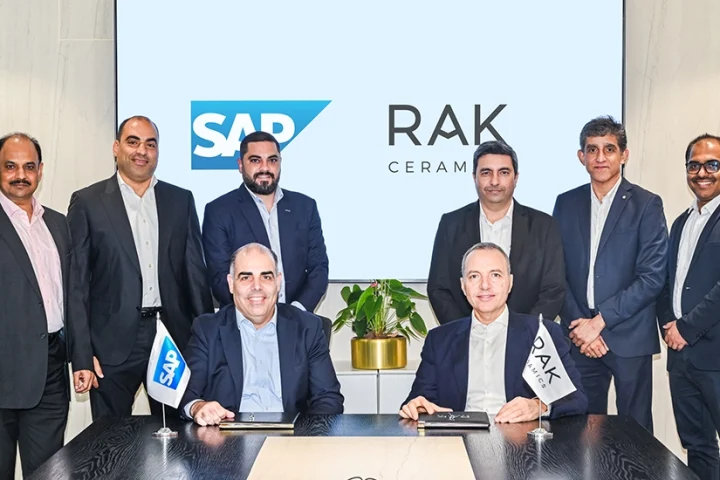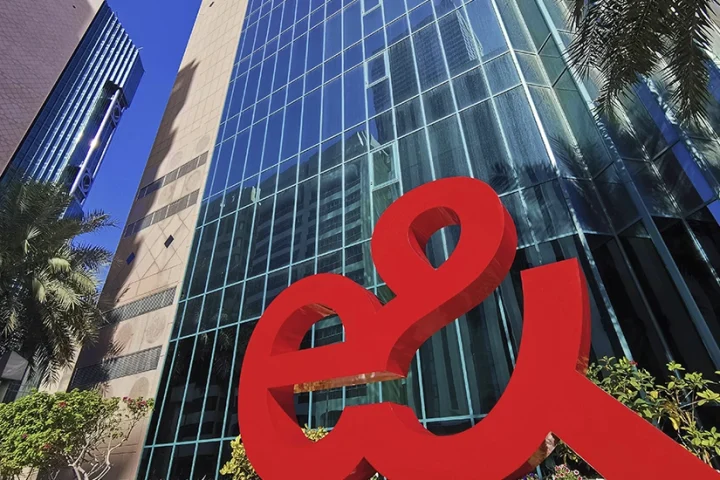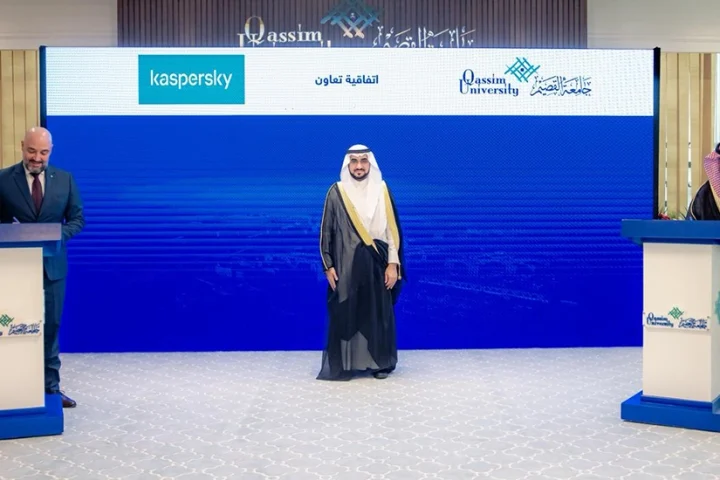Many manufacturing plants in the Middle East, like their international counterparts, consist of a wide assortment of assets patched together like a colourful quilt. The machinery and equipment can range from highly advanced robotics to outdated legacy solutions, stretched past their normal life expectancy.
Plant engineers must make these disparate assets integrate and perform as one, which can be a challenge, especially when lean budgets, escalating market demands and conflicting strategies add to the complexity. Forward-thinking plant engineers, though, can step up to the challenge, elevating processes beyond simple reactionary mode.
In order to remain competitive in this high-stakes era, manufacturers must be agile, resilient and finely-tuned enterprises operating with minimal downtime. Waste, inefficiency and delays need to be curtailed, too, so the enterprise can focus on priorities: aligning with customers and developing new products. Increasing competition makes these capabilities more important than ever.
Modern enterprise asset management solutions help plant engineers and maintenance teams step up their processes and make effective asset management part of the overall enterprise strategy.
Here are seven ways modern solutions help plant management:
#1 Reliability
Reliable plant operations can become a differentiator. Customers will notice that orders are always on-time, as ordered, and with unwavering product quality. These are unusual characteristics in some industries.
#2 Streamlining routine
Technology helps streamline and automate basic tasks, such as scheduling routine inspections and maintenance, tracking parts and materials used so inventory is accurate. When the basics are covered easily, personnel have time to focus on more advanced questions such as diving into analytics.
#3 Planning cashflow
Using risk assessments and condition assessments, managers will be able to project future needs and calculate related costs, including replacement parts or any outside special services or contractors that may be needed. With data easily accessible, managers can evaluate replace versus repair decisions and factor in the cost of down-time.
#4 Predicting the future
Business Intelligence solutions with Artificial Intelligence contain powerful predictive capabilities, using algorithms and data science to identify patterns in data points and project next likely outcomes. Users can explore what if scenarios and obtain forecasts of likely costs and likely demands.
#5 Prioritising investments
This glimpse of future investment needs can be juxtaposed against projected cash cycles also taking into account forecasts for shifting demand. Managers can then prioritise major capital investments when funding and political backing is in place. Plans for stop-gap, bare-minimum fixes may be needed when funds are limited.
#6 Providing early warnings
Managers will be able to use predictive analytics to identify early some potential critical issues so that adequate preparations can be made, including having necessary parts or back-up equipment on standby.
#7 Meeting compliance
Managers should be alert to such issues as: ADA accessibility, building code compliance, OSHA or EPA mandates, or workforce or public safety issues. Non-compliance can be costly. It can also jeopardise safety or hurt brand equity.
A new mindset helps companies change the focus from reactive to prescriptive. With advanced solutions in place, managers can take a holistic approach to plant maintenance and a long-term view of managing assets.
Key takeaways
- Manufacturing plants consist of assortment of assets patched together like a colourful quilt.
- Reliable plant operations can become a differentiator
- With data, managers can evaluate replace versus repair decisions.
- Users can explore what if scenarios and obtain forecasts of costs and demands.
New technologies are helping plant managers balance cash flow, investment priorities, asset life cycles, schedules, explains Sameer Makhija at Infor.


